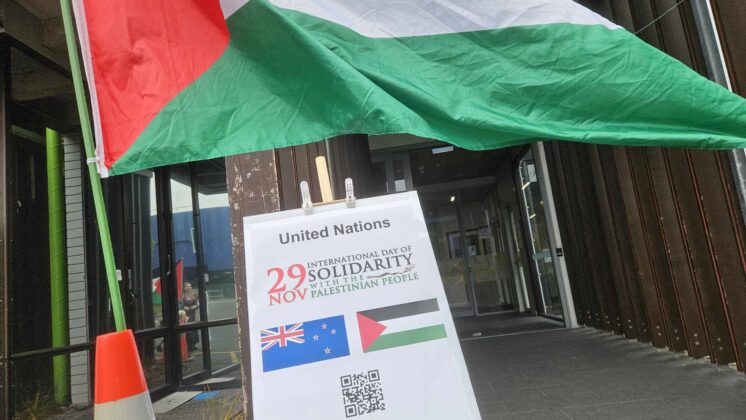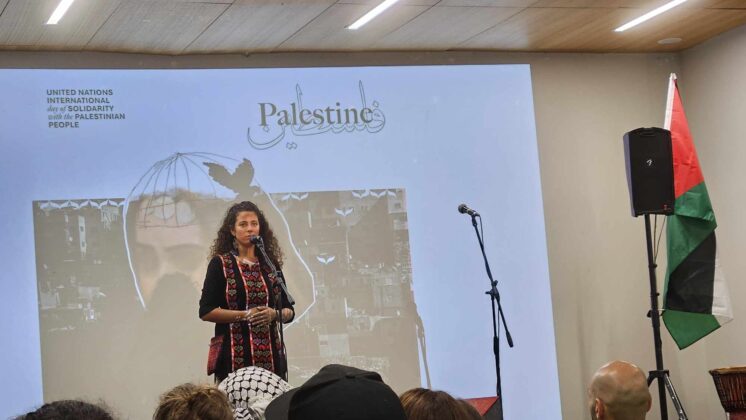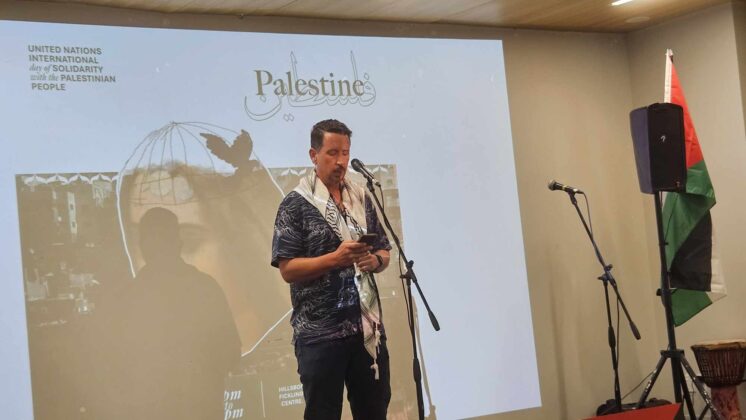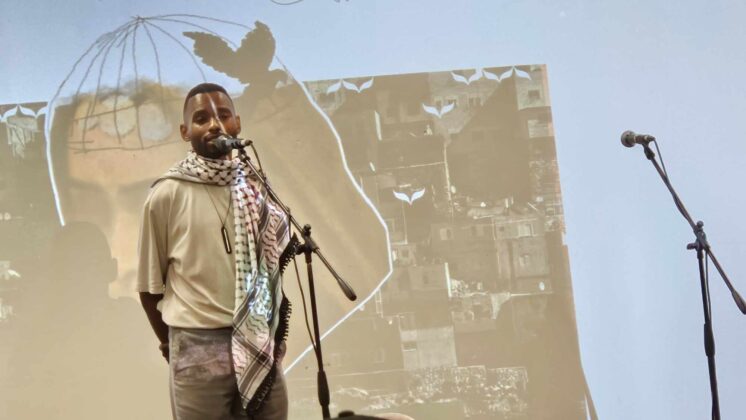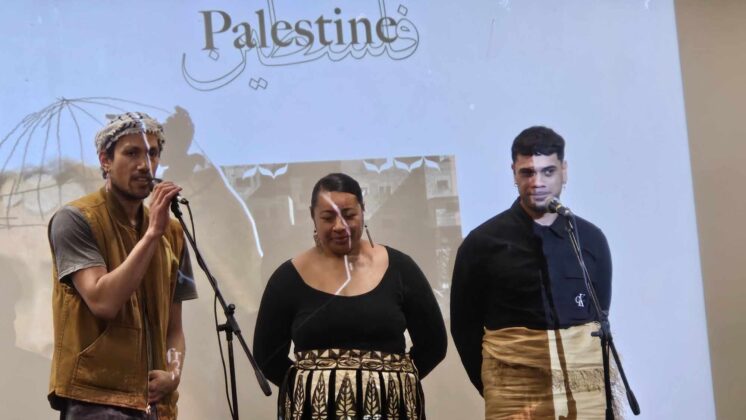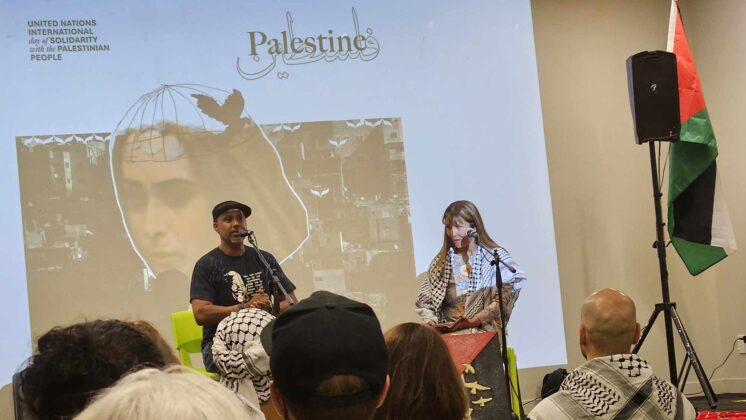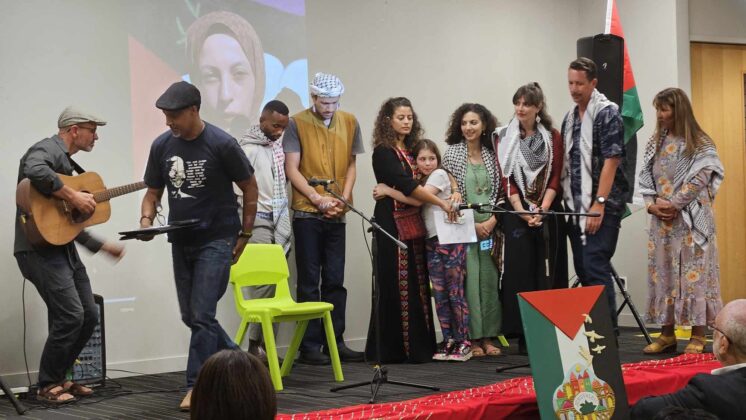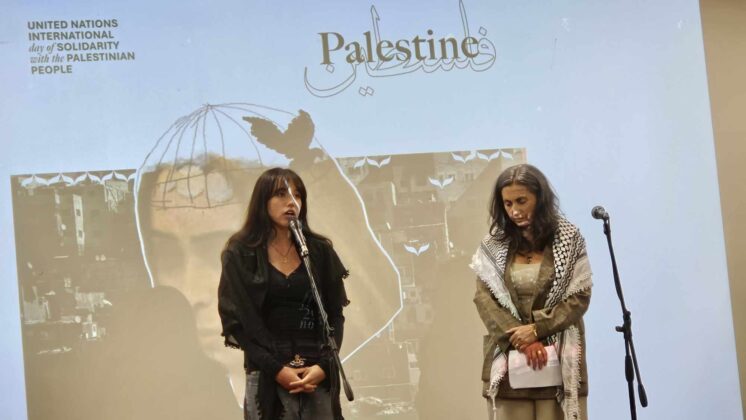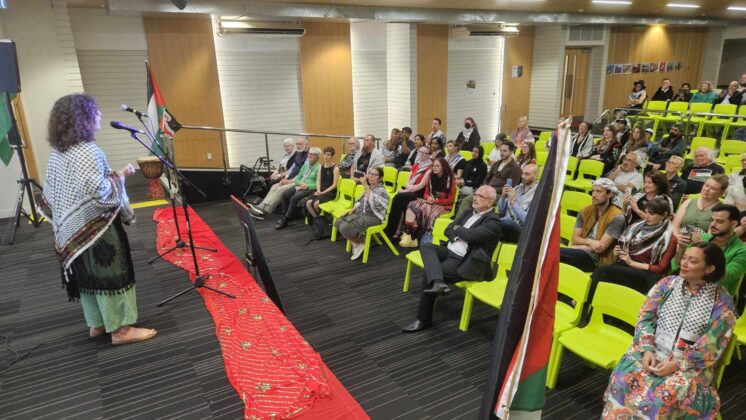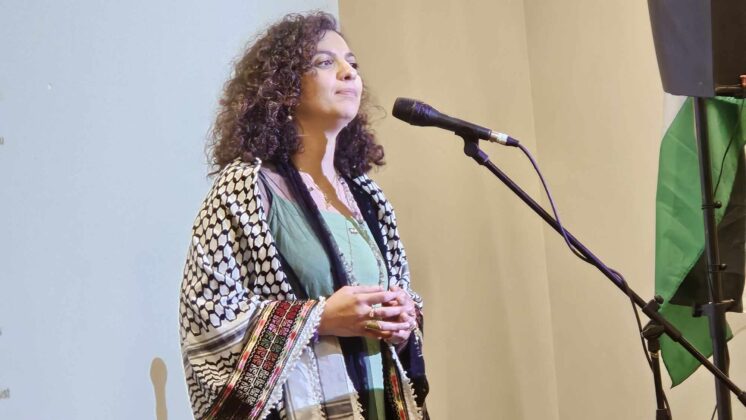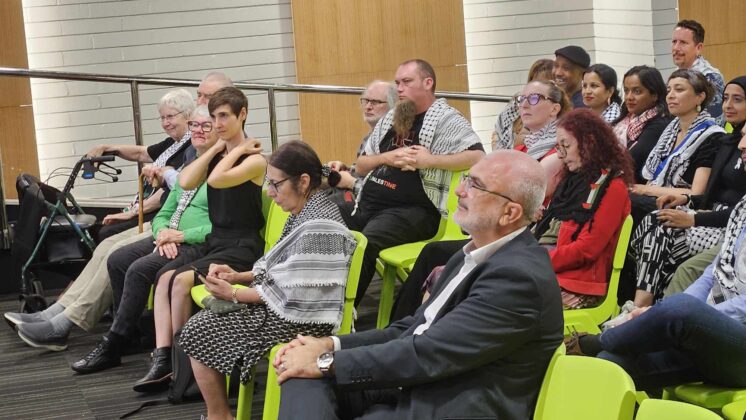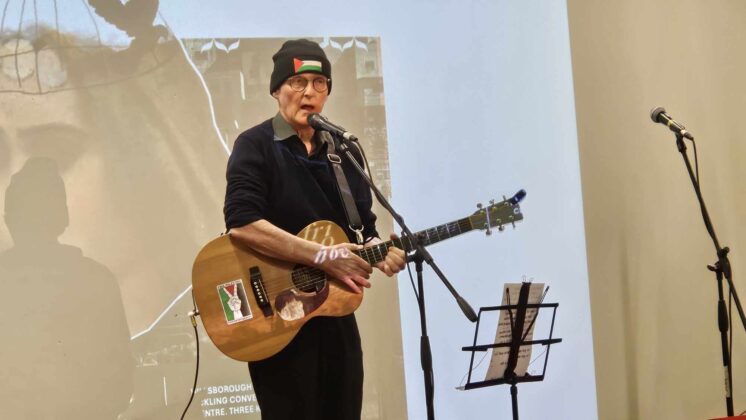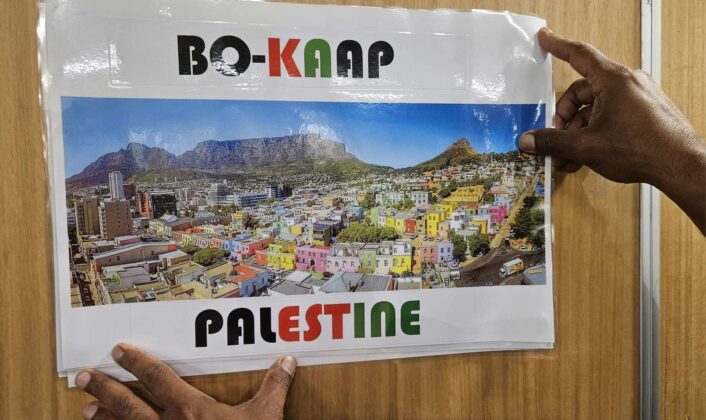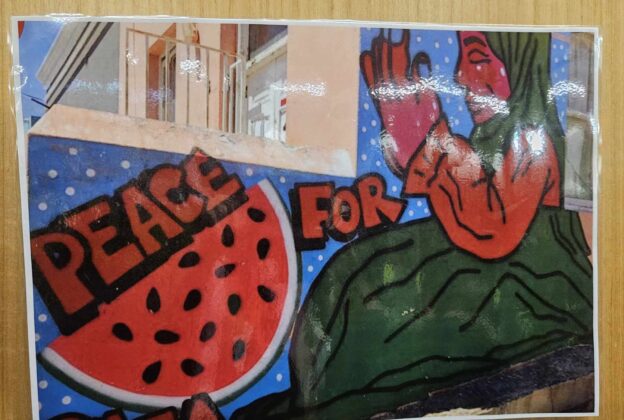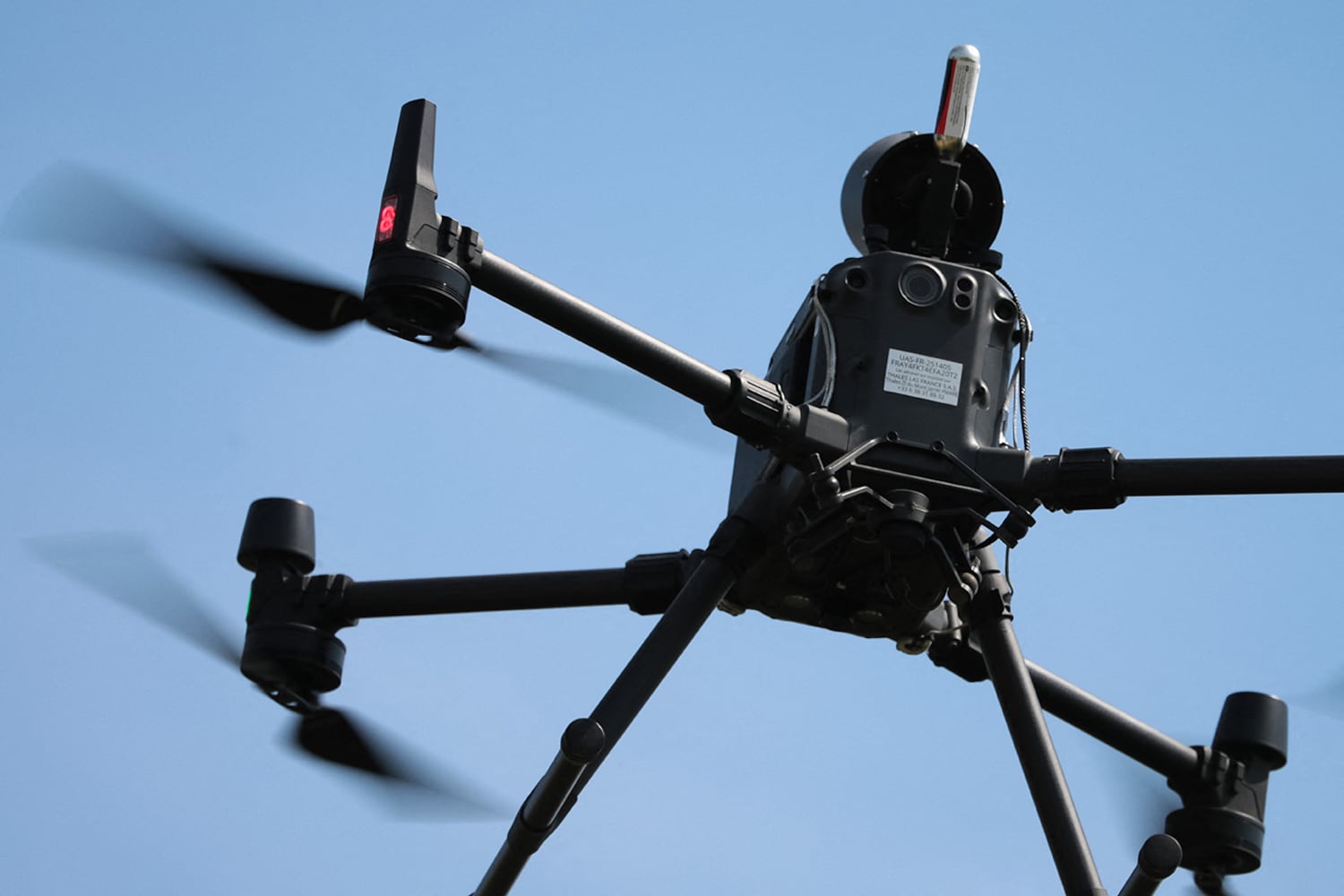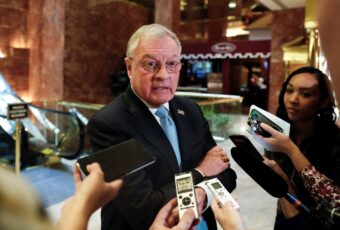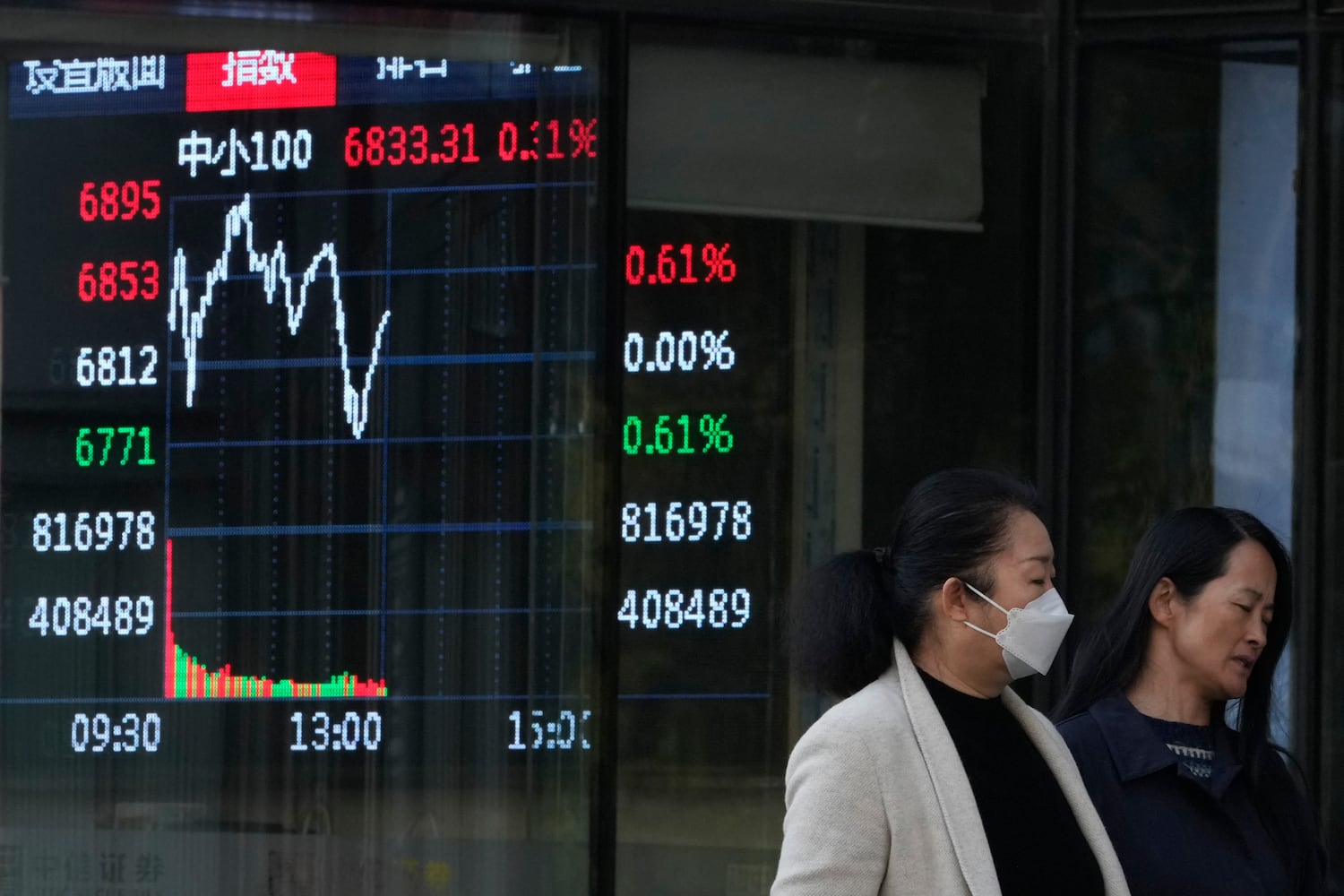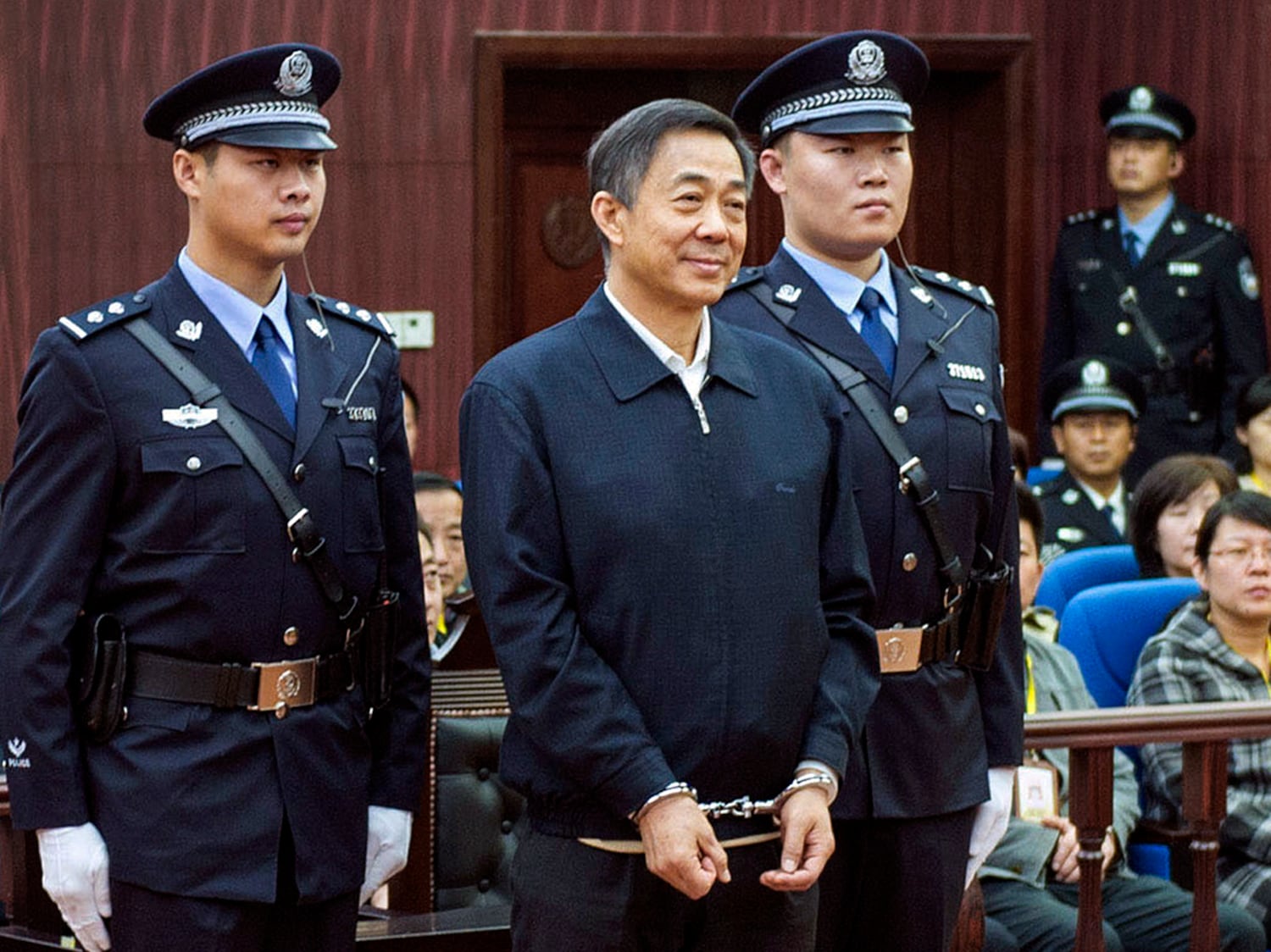Read a version of this story in Burmese.
Closures along Myanmar’s shared border with China have cut off residents of Kachin and Shan states from humanitarian aid and sent the prices of goods skyrocketing, sources from the regions said Monday.
Myanmar’s civil war in the aftermath of the military’s Feb. 1, 2021 coup d’etat prompted China to close all its border gates in Kachin state beginning on Oct. 19, and all border crossings in northern Shan state except for Muse township since July.
Meanwhile, Myanmar’s junta has imposed restrictions on the transportation of goods to Kachin state from the country’s heartland, as the rebel Kachin Independence Army, or KIA, now controls all 11 of the state’s border gates with China, including the major trade checkpoints of Kan Paik Ti and Lwegel townships.
In Shan state, the junta has also restricted the transportation of goods from Muse to areas of the state under the control of ethnic armed groups.
The restrictions have left residents of the two border areas, and especially civilians displaced by fighting, feeling the squeeze, sources told RFA Burmese.
A civilian sheltering in the Jay Yang camp for the displaced near Kachin’s Laiza township, where the KIA’s headquarters is located, said that between the border closures and junta restrictions on goods transported from the Kachin town of Bhamo and the state capital Myitkyina, “the situation has become dire.”
“Residents are enduring severe hardships,” he said. “We are facing an uncertain and bleak future.”
The displaced civilian said that the price of food items in Kachin state has risen dramatically, making it difficult for camp residents to afford basic necessities.
RELATED STORIES
Myanmar junta chief seeks China’s help on border stability
Myanmar’s Kachin insurgents take control of their border with China
Myanmar rebels seize major border gate near China
Nearly all prices have doubled since the border closures, he said, with eggs at 1,000 kyats from 400; a viss (3.5 pounds) of pork at 50,000 kyats from 20,000; a viss of fish at 30,000 kyats from 15,000; a viss of chicken at 40,000 kyats from 20,000; a viss of beef at 60,000 kyats from 30,000; a viss of potatoes at 10,000 kyats from 6,000; and a cup of chili peppers at 3,000 kyats from 1,500.
Meanwhile, a liter (.26 gallon) of cooking oil now costs 25,000 kyats, up from 10,000, and a liter of gasoline costs 15,000 kyats, up from 7,000.
At the time of publishing, the official exchange rate was 2,100 kyats to the U.S. dollar, while the black market exchange rate was 4,300 kyats per dollar.
Prior to the border closures, relief groups had been providing camps for the displaced with rice, oil, salt and chickpeas, but now can only distribute around 30,000 kyats per person, camp residents told RFA.
Displaced suffer shortages
Residents said that since the KIA seized the Kan Paik Ti border gate on Nov. 20 and Chinese authorities shut down the crossing, food prices had increased in Myitkyina, and the Kachin capital is now enduring a fuel shortage.
A resident of the Sha Eit Yang camp for the displaced, located in a KIA-controlled area along the border, told RFA that the gate closures had made life extremely difficult.
“There is no work to earn money in the area near our camp, so we can only find jobs far away from the camp,” he said. “With all the border gates closed, we can’t earn any income.”
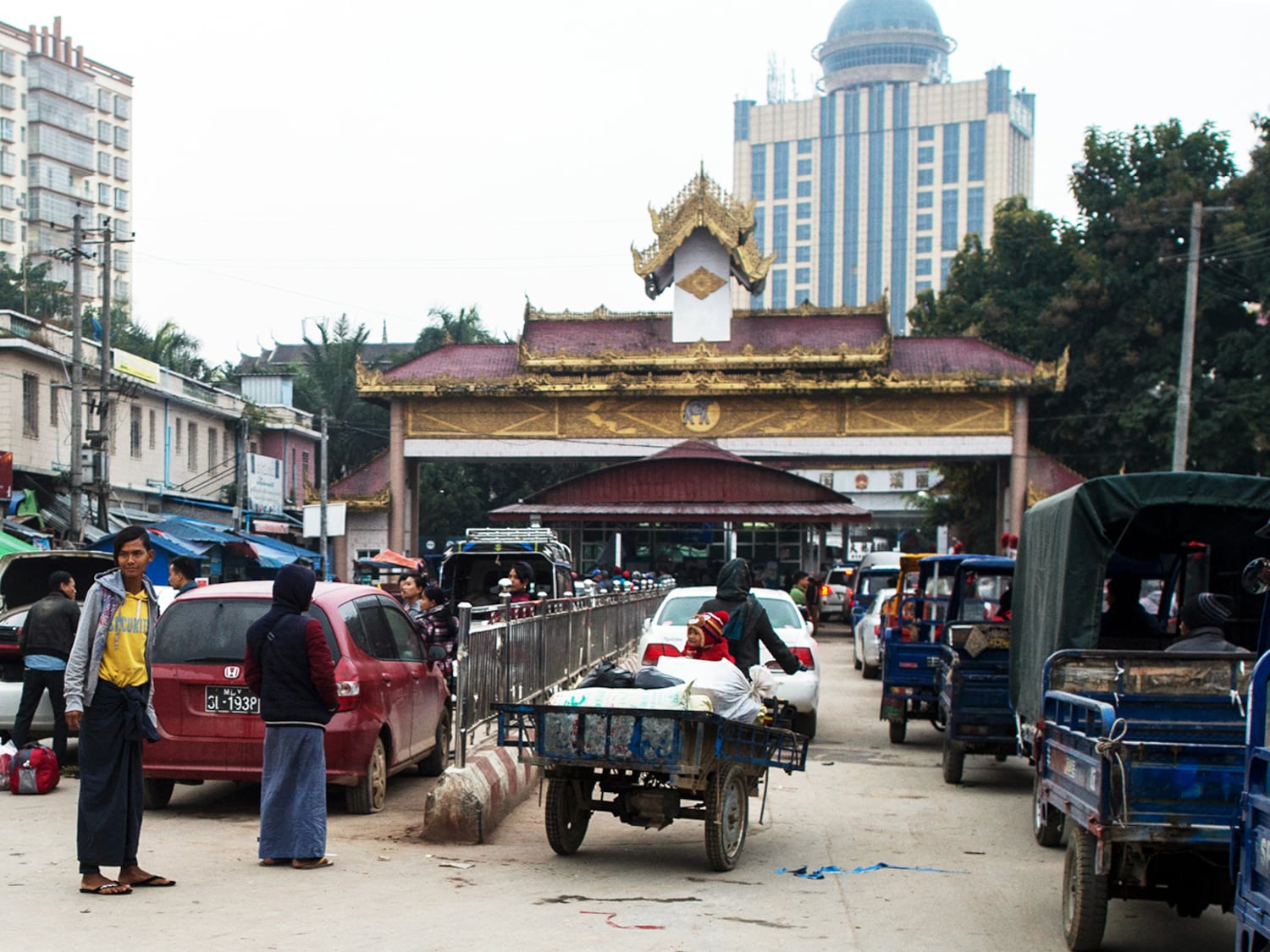
In Kachin state, more than 100,000 civilians have sought shelter in 160 camps following the fighting that began in 2021. Since the coup, the total number of displaced persons has risen to more than 200,000, according to aid workers. Around 40,000 displaced persons are taking refuge in around 20 camps in Kachin state along the Chinese border.
Sin Yaung, the deputy head of the Wai Kyaing camp for the displaced near Laiza, told RFA that the longer the border gates remain closed, the more hardships residents will face.
“If the closures persist, it will be very difficult to access food,” he said. “The closure of the border gates and restrictions on the transportation of goods have caused severe difficulties for residents.”
Attempts by RFA to contact the junta’s spokesperson and social affairs minister for Kachin state, Moe Min Thein, and KIA information officer Colonel Naw Bu for more information went unanswered Monday.
Transportation restrictions in Shan
The junta has also blocked the transportation of food from Muse, which is under the control of the military, to rebel-occupied towns on the Myanmar-China border in northern Shan state, according to residents.
A resident of Nam Hkam, which is under the control of the Ta’ang National Liberation Army, or TNLA, told RFA that no goods have gotten through from Muse since Nov. 27.
“Residents are not allowed to carry food items by motorcycle and even vendors from Muse no longer come here,” he said. “Commodity prices have sharply increased. Tomatoes are now being sold for 20,000 kyats per viss here, whereas in Muse, one viss of tomatoes costs only 8,000 kyats.”
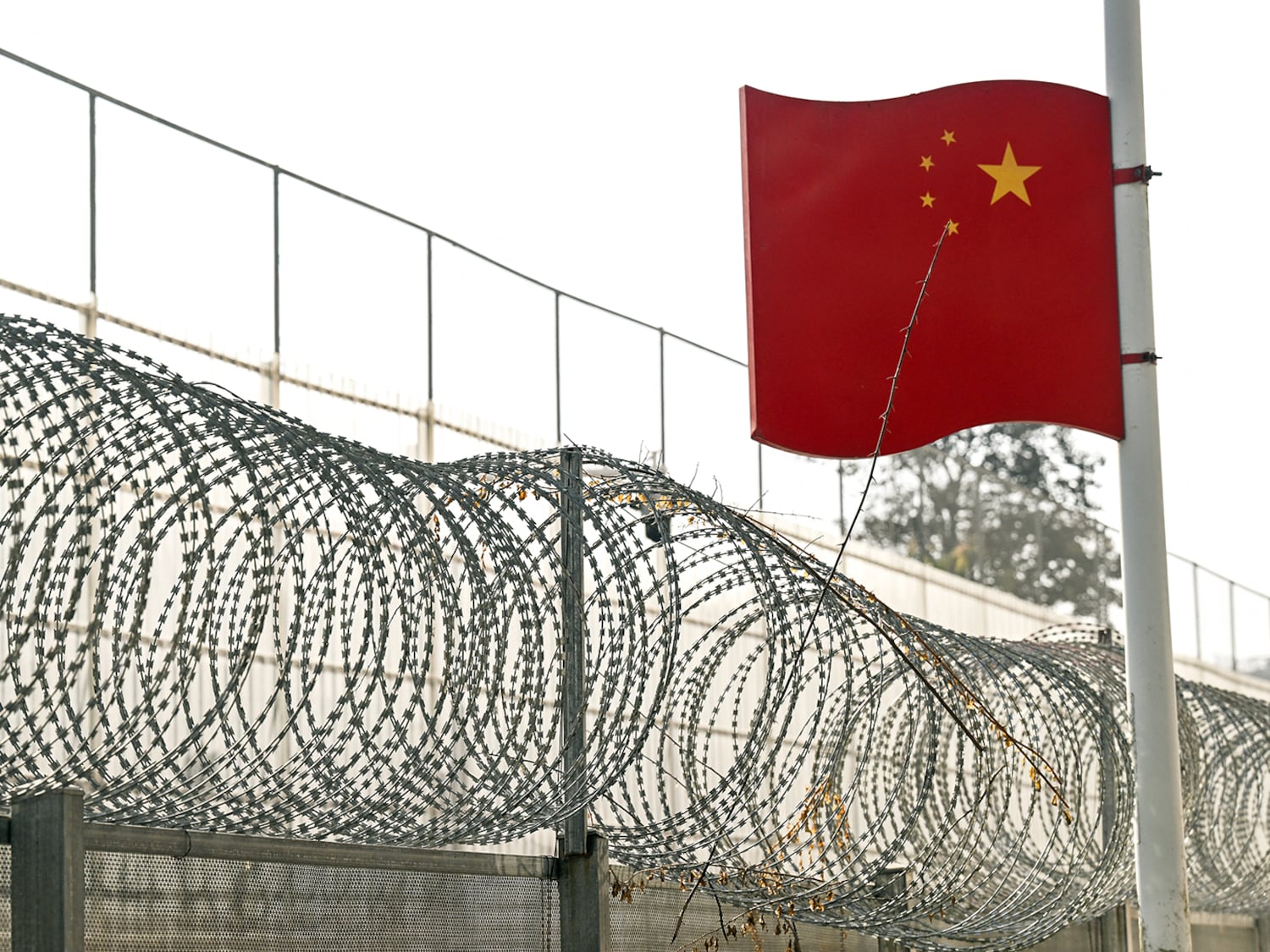
Residents said that the TNLA has also blocked the transportation of fuel and food from Nam Hkam to Muse since Sunday, although TNLA spokeswoman Lway Yay Oo insisted that her group had imposed no restrictions on the flow of goods.
RFA also tried to contact the junta’s spokesperson and economic minister for Shan state, Khun Thein, for comments on the commodity blockades, but he did not respond.
Residents reported that restrictions have caused the prices of goods to “more than double” in Muse and Nam Hkam. Additionally, traders and drivers are out of work due to the closure of trade routes, traders in Muse told RFA.
The restrictions imposed by China and Myanmar’s junta have impacted most of the nearly two million people who live in northern Shan state’s 20 townships, residents said.
Translated by Aung Naing. Edited by Joshua Lipes and Matt Reed.
This content originally appeared on Radio Free Asia and was authored by RFA Burmese.
This post was originally published on Radio Free.
